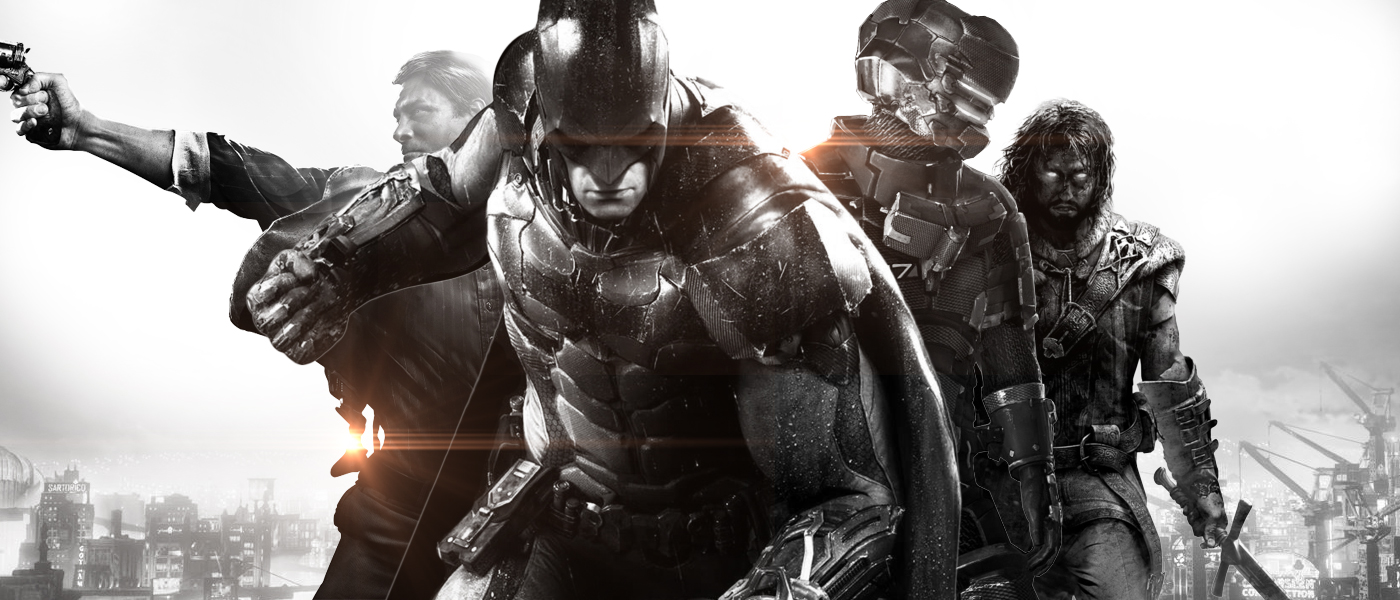A little while ago I did a piece on the games that got delivered on their DLC potential. It’s only fitting that I take a look at the other side of things: Developers who sabotaged their own games on the altar of monetization or offered up post-release content that felt half-baked or even entirely unnecessary.[divider] [/divider]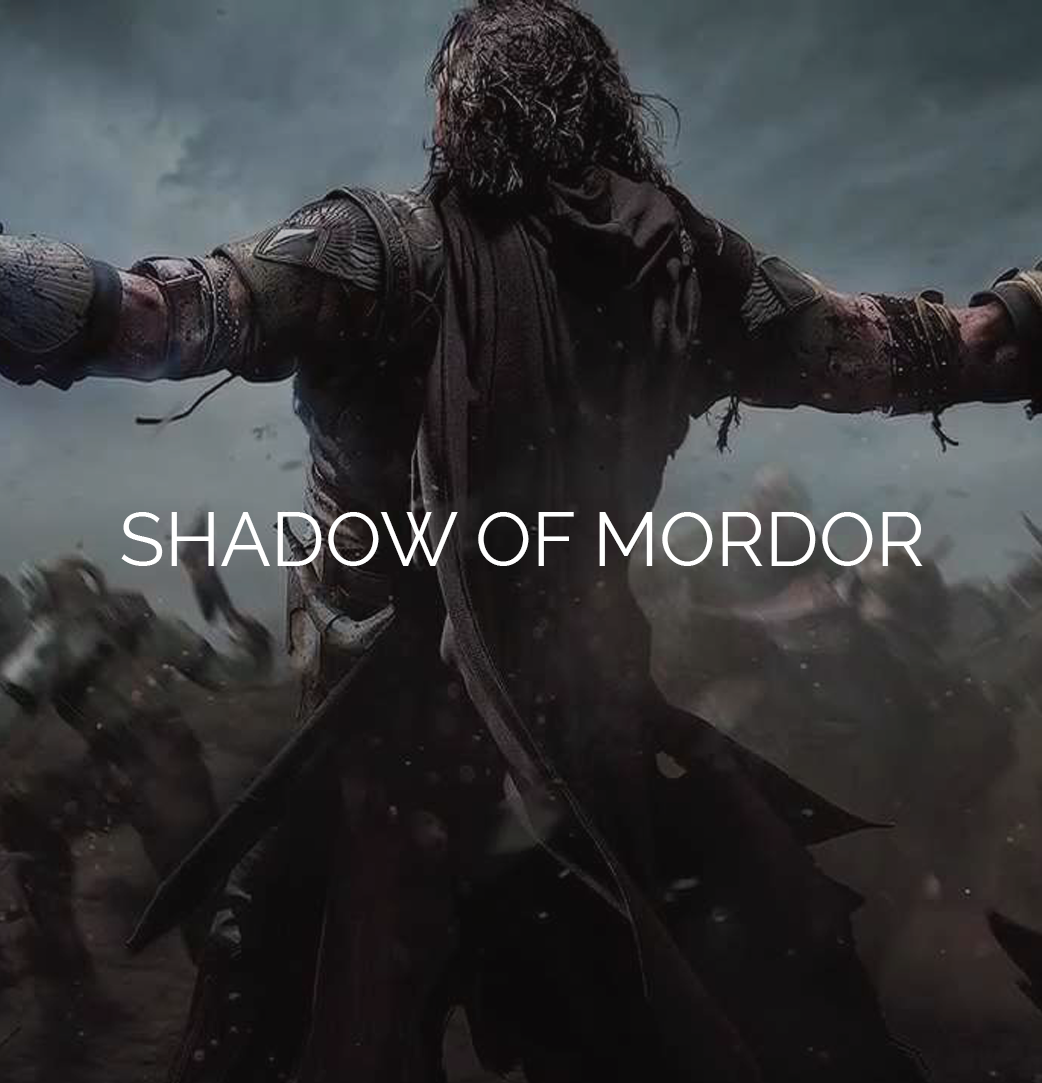 By overwhelming popular consensus, Middle-Earth: Shadow of Mordor was ‘The Game’ of 2015. It played well, looked fantastic and brought some much-needed innovation to the open world formula with the Nemesis system. When it came to post-release content though, developer Monolith didn’t really follow through.
By overwhelming popular consensus, Middle-Earth: Shadow of Mordor was ‘The Game’ of 2015. It played well, looked fantastic and brought some much-needed innovation to the open world formula with the Nemesis system. When it came to post-release content though, developer Monolith didn’t really follow through.
Both DLC expansions for the game attempted to add new mechanics and elements to the game’s open world ecosystem but their Monolith’s implementation left a lot to be desired. Lord of the Hunt added new wildlife to the game. However, it did it whilst removing existing elements from the game’s sandbox, making it less of an addition and more of a brief mutation. With The Bright Lord, it was Shadow of Mordor’s difficulty itself that was supplanted thanks to the introduction of The One Ring.
Given the dynamism of the Nemesis system, it could have been really easy to create entirely new playthroughs of Shadow of Mordor by introducing a few new variables, cutscenes or characters. ‘The Game’ of 2015 could have been extended or granted a second playthrough through downloadable content but Monolith just didn’t hit the mark.[divider] [/divider]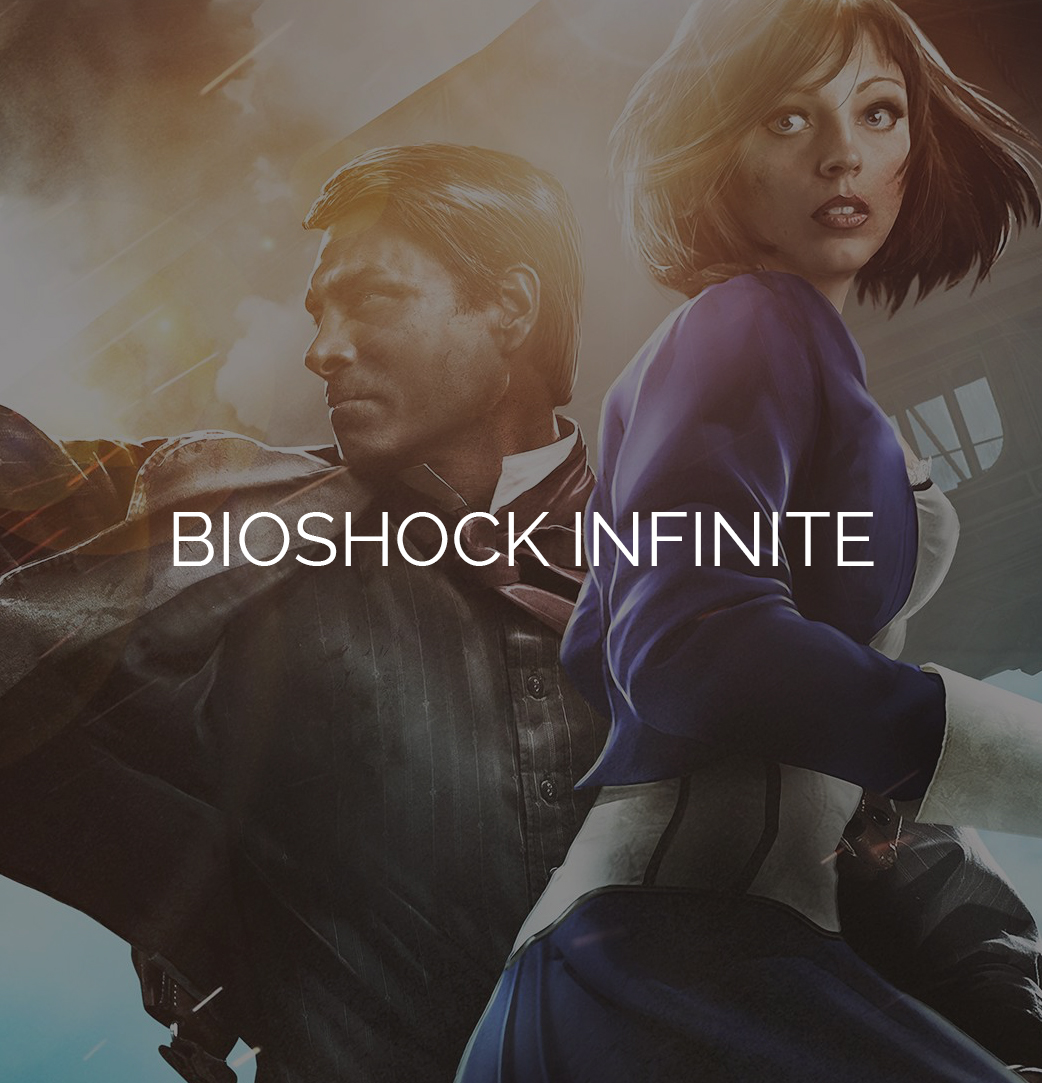 Bioshock Infinite is a pretty divisive installment of the popular franchise but one area where critics are generally on the same page is the shortcomings of the game’s DLC content. While it’s not hard to raise an impassioned argument against the unashamedly barebones horde/arena mode added to the game in Clash in the Clouds, it’s the story-focused Burial at Sea that’s far more disappointing. The two-part expansion was supposed to both act as an epilogue of the main game and return to the series’ undersea roots.
Bioshock Infinite is a pretty divisive installment of the popular franchise but one area where critics are generally on the same page is the shortcomings of the game’s DLC content. While it’s not hard to raise an impassioned argument against the unashamedly barebones horde/arena mode added to the game in Clash in the Clouds, it’s the story-focused Burial at Sea that’s far more disappointing. The two-part expansion was supposed to both act as an epilogue of the main game and return to the series’ undersea roots.
Unfortunately, the final product left a lot to be desired. While the first episode of the DLC did offer the novelty of letting you explore Rapture in its prime – it all too quickly devolved into a slightly-uprezzed romp through familiar territory. What little dramatic impact the ending of the first episode had long fizzled away by the second episode arrived. Though game’s shift to the perspective of Elizabeth was an inspired choice, it was one undercut by its emphasis on stealth – a style of gameplay that has never been one of Bioshock’s strong suits.
There was a lot of promise and potential in the idea of continuing Elizabeth’s story past the end of Infinite but at every turn Burial at Sea fumbles it – choosing the least interesting or creative solution to every storytelling problem in the name of tying every remaining loose end of the series into a nice neat bow.[divider] [/divider]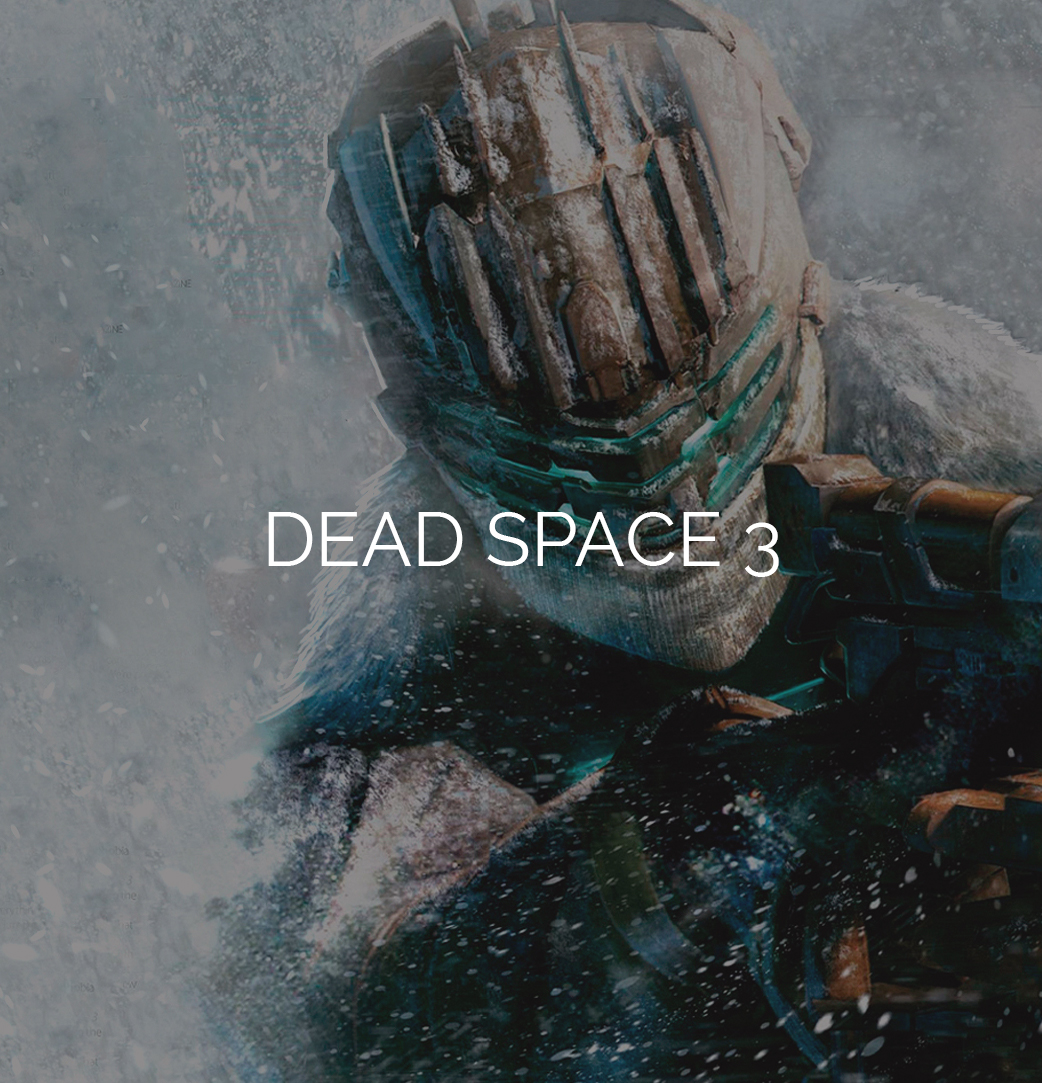 Even as someone who really enjoyed Dead Space 3, it’s hard to deny that it’s a game actively diminished by its downloadable content elements, and one that’s been dogged criticisms of those elements from launch.
Even as someone who really enjoyed Dead Space 3, it’s hard to deny that it’s a game actively diminished by its downloadable content elements, and one that’s been dogged criticisms of those elements from launch.
EA’s tragic decision to incorporate microtransactions into the game’s rich and expansive weapon crafting system led to a lot of players sidestepping it entirely in pursuit of a more authentic game experience, muddying the reputation of an otherwise solid action-horror franchise. However, it’s the post-game content for Dead Space 3 that is arguably more egregious.
Dead Space 3: Awakened trades in a satisfying conclusion to the series central narrative for ‘yet another adventure that sees our heroes face off against the sinister unitologist threat’. It’s an addition that both manages to undercut the game’s existing ending and make it feel like EA is making you pay again to see how the story ends. It’s like the opposite of Mass Effect 3’s Extended Cut and a stellar example of DLC gone wrong.[divider] [/divider]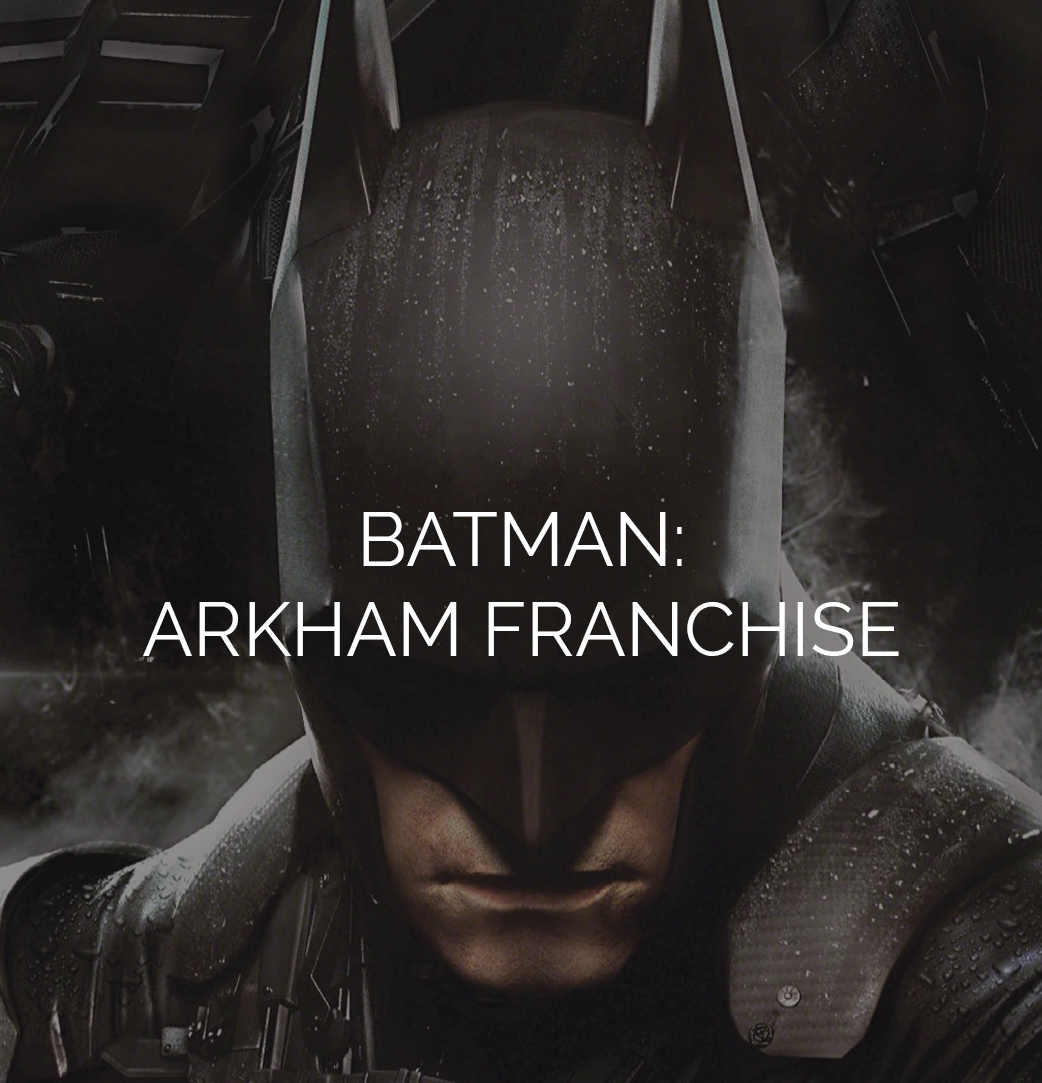 While Rocksteady’s Arkham games have generally garnered a lot of popular and critical acclaim, one area where that approval has always felt consistently-muted was the series’ DLC offerings.
While Rocksteady’s Arkham games have generally garnered a lot of popular and critical acclaim, one area where that approval has always felt consistently-muted was the series’ DLC offerings.
With Arkham Asylum, the DLC on offer felt a little unnecessary with most post-release additions involving new challenge maps. However, it’s with Arkham City that Warner Bros post-release strategy begins to really have problems with the Robin-fronted ‘Harley Quinn’s Revenge’. The success of the Arkham games is one built on delivering the high-stakes fantasy of ‘being the Batman’ – and the smaller DLC installments are often at odds with that.
Offering up side-stories with playable characters who aren’t Batman isn’t inherently a bad idea but it’s the kind of thing that (disappointingly) never get mechanically or narratively fleshed out to the same degree as the main game.


